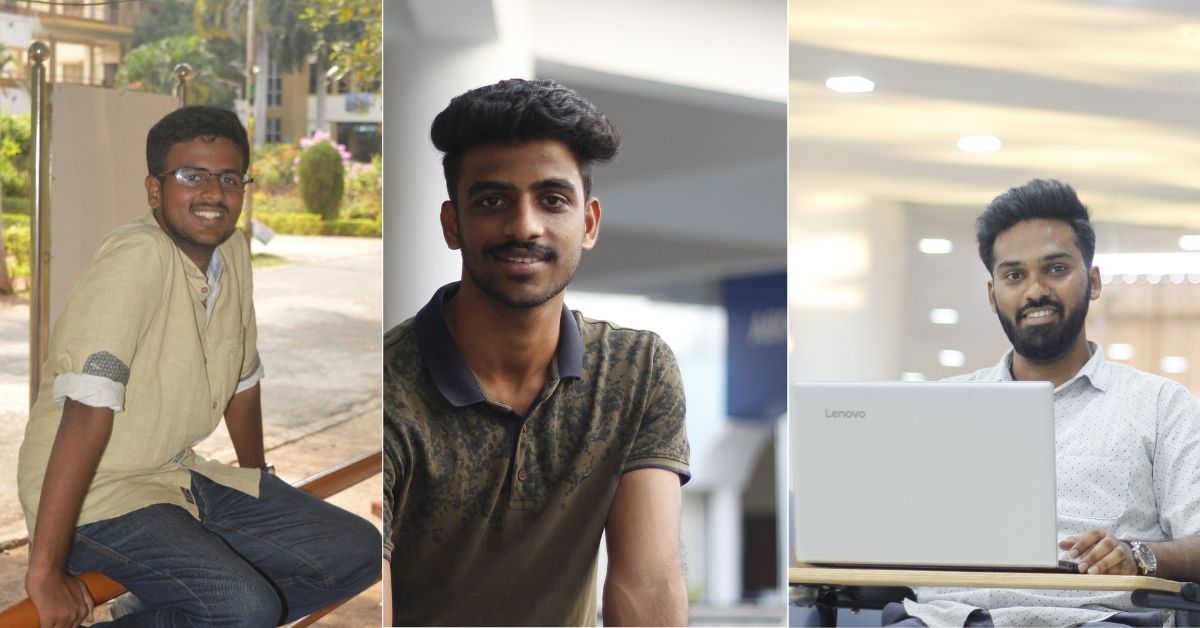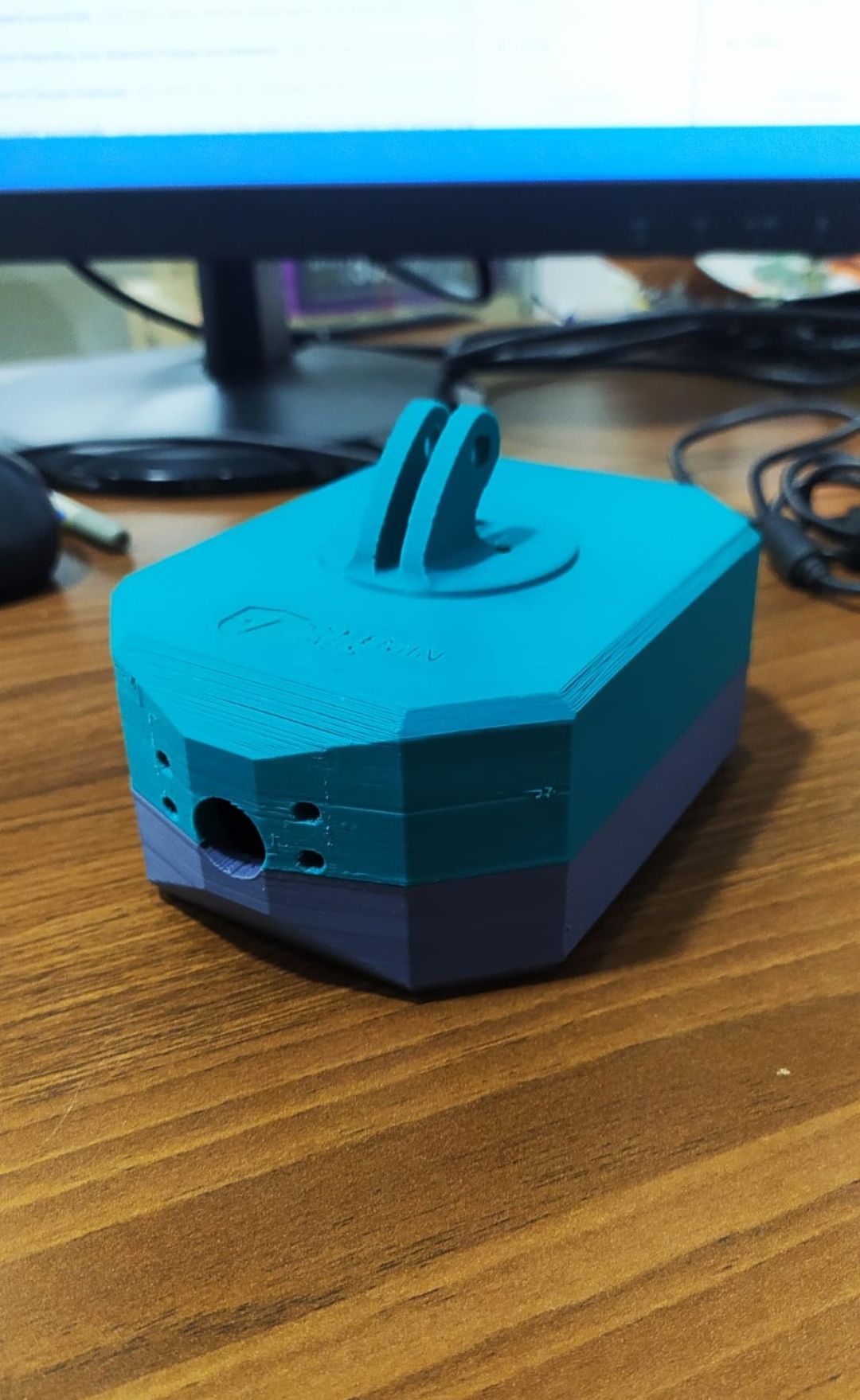In 2017, Andhra Pradesh witnessed two deadly bus accidents after the driver fell asleep at the wheel. One was a tourist bus and the other a school bus carrying children and teachers.
This news concerned Pradeep Varma (22), a student of Gayatri Vidya Parishad College of Engineering, Visakhapatnam. It left him wondering why there was no technology in place to prevent such accidents.
“After doing some research, I realised that while there is technology to detect external crashes and predict them, there aren’t many prevalent ones to detect a driver falling asleep,” says Pradeep, in an interview with The Better India.
A preventive measure
With his friends Gyan Sai and Rohit K, Pradeep began working on technology that could help prevent such incidents. The trio brainstormed how the device would function — they wanted a system that would monitor both the driver as well as the road.

They pooled in some funds together and used college facilities to begin developing the device. They used industrial-grade cameras to face the road as well as the driver. The cameras were AI-powered and programmed to monitor the blink rate of the driver.
“If the blink rate becomes slow, and the driver is falling asleep, a loud sound system would be in place to wake him up. The camera is also programmed to track the micro-sleep pattern of the driver. Microsleep patterns determine when a person is falling asleep for several seconds without realising,” says Pradeep.
The system is internet-powered and has a GPS to track location. The collected data is uploaded to the cloud and the information can be accessed through an app developed by Pradeep. Apart from providing the camera footage, the app also gives information about the driver’s performance, how it can be improved, and details about their road safety.

In 2018, the device won a gold medal at the International Innovation Fair, South Zone and won praises from the state’s former chief minister Chandrababu Naidu. This prompted the trio to further work on their innovation and make it a commercial solution.
In 2019, they launched a startup named Kshemin Labs and began working on developing their device. They also signed up for an 18-week capacity building programme offered by T-Tribe to learn the workings of managing a business.
“However, we also continued developing the devices. One of them was even tested on a private tourist bus operator. However, the testing did not go as planned as we had to make modifications to the device,” says Pradeep, adding that they had to then take a break from work owing to the pandemic.
However, now the team has modified their device and taken help through an external consultant to finalise it. They are in talks with international schools and the state transport to test their device further.
Visit their website to know more.
No comments:
Post a Comment